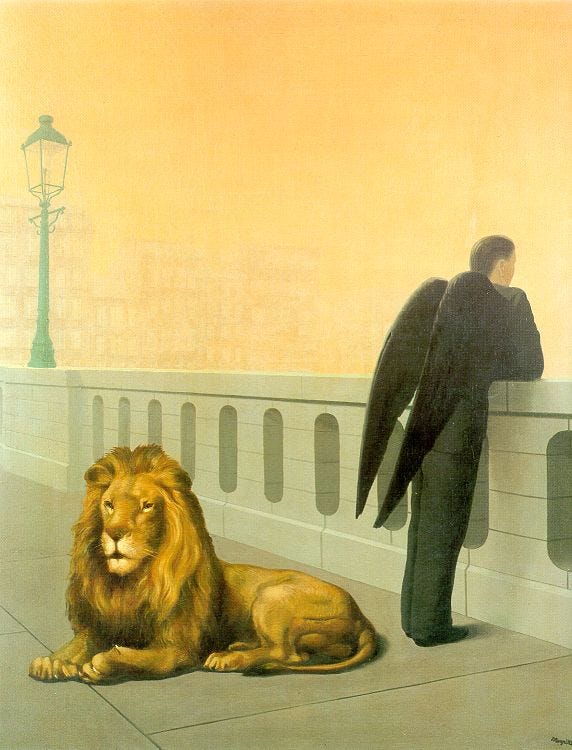How to finish writing in, through, and on the fractured, fracturing year that is hastening to a close? Initially, a long post was drafted, full of quotes and charts, but on further reflection, more analysis is not needed at this point.
Grimly marching towards the new year with more trepidation than anticipation. The balance of probabilities would suggest that conditions are likely to get worse. Pseudoreality prevails. How to reckon with these challenges openly and honestly? What does it mean to stand between the times? To speak without lapsing into kitsch or pipikism? What does political and ethical action look like in the twilight? How to resist worse modes of engagement, and seek out better ways of attending to each other and our shared world?
Turning to the eleventh notebook of The Diaries of Franz Kafka, from the comprehensive edition published at the start of this year (see also fragments #8):
A man lay seriously ill in bed. The doctor sat at the little table that was pushed to the bed and observed the sick man, who looked back at him. “No help” said the sick man, not as if he were asking but as if he were answering. The doctor opened slightly a large medical work lying on the edge of the little table, cast a fleeting glance inside from a distance and said, snapping the book shut: “Help is coming from Bregenz.” And when the sick man contracted his eyes in a strained way, the doctor added: Bregenz in Vorarlberg. “That is far” said the sick man.
To finish, a 1940 painting from René Magritte entitled Le Mal du Pays, ‘Homesickness’. While this might be the correct translation, I prefer my failed attempt using school boy French: Le Mal du Pays, the sickness of nations.



